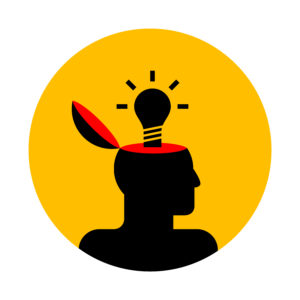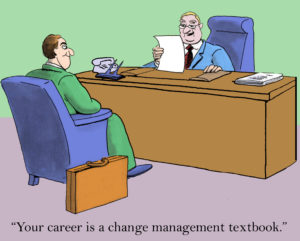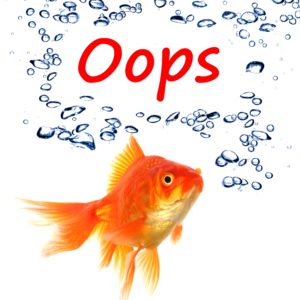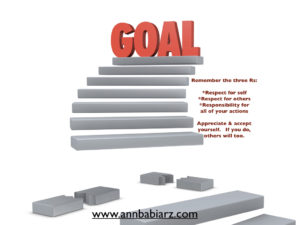
photo licensed by www.depositphotos.com
I changed my mind.
Many people cause themselves and others a tremendous amount of stress by agonizing over certain decisions that they have made and later regret.
Instead of agonizing over a change in decision, recognize that the answers have changed and that the best thing that can be done is to take appropriate action (choose differently) and communicate early!
Caveat: by no means does this mean you should walk away from your legal obligations! Simply remember when you make decisions such as accepting a job, making an investment, a major purchase, or committing your resources to a particular project that is okay to say no after thinking about it.








